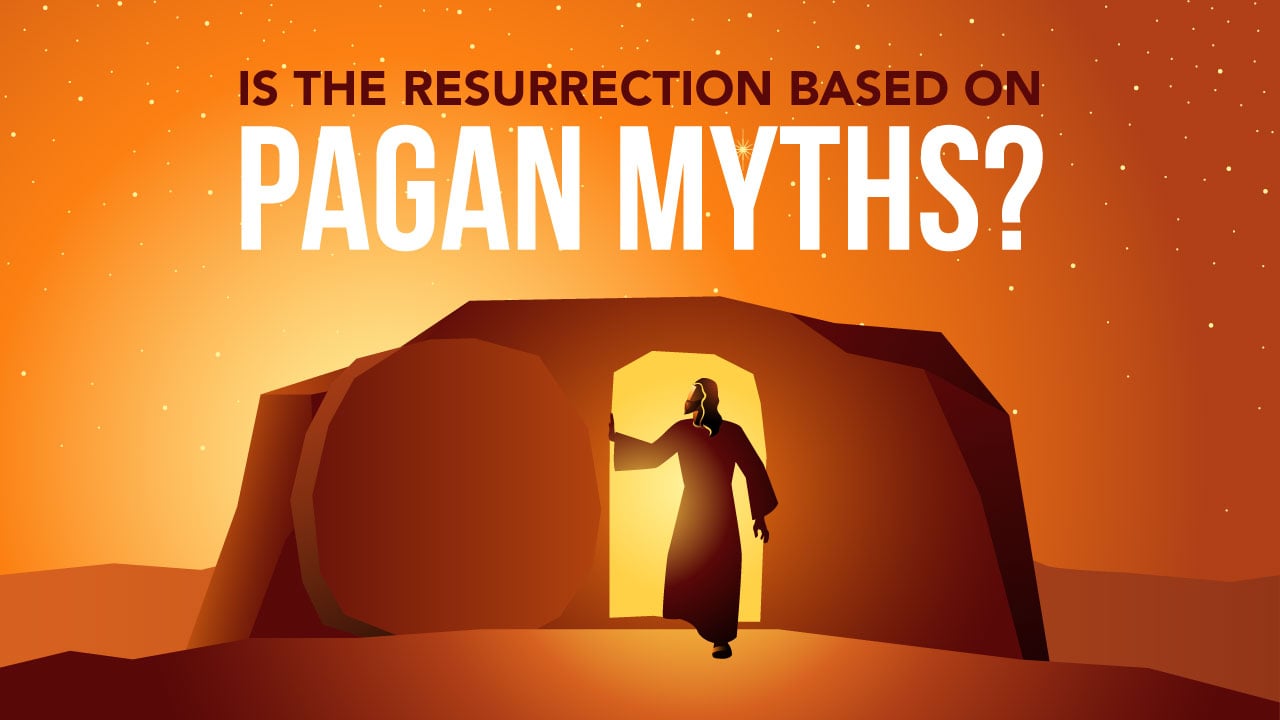4 min read
Is the Modern State of Israel the Same as Biblical Israel?
 Colson Center
Oct 15, 2025 12:15:00 PM
Colson Center
Oct 15, 2025 12:15:00 PM
You’re in a conversation and someone says, “Christians should support the modern state of Israel because the Bible says so” or “Christians shouldn’t support the modern state of Israel because it has nothing to do with Biblical Israel.”
What would you say?
The modern nation of Israel has been a hotly debated topic for decades. Some argue that modern Israel will play a role in fulfilling Biblical prophecy, while others not only disagree with Israeli policies, but spread hatred toward Jews as a people. Christians should have nothing to do with such hatred. But we should understand the relationship between biblical Israel and the modern state of Israel.
Is Modern Israel Biblical Israel?
You’re in a conversation and someone says, “Christians should support the modern state of Israel because the Bible says so” or “Christians shouldn’t support the modern state of Israel because it has nothing to do with Biblical Israel.” What would you say?
Long before the horrific attacks of October 7th, 2023, whether or not America should support Israel was a hotly debated topic. But ever since, that debate has only intensified. Along with it has been an increase in antisemitism, with many not only disagreeing with Israeli policies, but spreading hatred toward Jews as a people.
Christians should have nothing to do with such hatred. But we should understand the relationship between biblical Israel and the modern state of Israel. So, the next time someone says, “Christians should support the modern nation of Israel because the Bible says so,” remember these three things:
1. There is a very real and strong link between Biblical and modern Israel.
Much of the Bible is the story of Israel, the descendants of Abraham’s grandson Jacob. In fact, both Judaism and Christianity trace their origins back to the promise God made to Abraham in Genesis 12:3: “I will bless those who bless you, and him who dishonors you I will curse, and in you all the families of the earth shall be blessed.” Christians have always believed that this promise is ultimately fulfilled by Jesus, the promised Messiah to Israel.
Modern Israel, while ethnically and religiously Jewish, is distinct from biblical Israel. After the destruction of the Temple in 70 A.D. and the subsequent scattering of Jewish people around the world, there was no political entity of Israel for nearly 2,000 years. Though Jewish people maintained many of their traditions and their identity as a people, it wasn’t until 1948, in the aftermath of the Holocaust, that the modern state of Israel was established, not as a theocracy under God or a monarchy as under David, as the Old Testament describes, but as a secular democracy.
The real, historical link between modern Israel and the Israel of the Bible is the identity and distinctiveness maintained over the centuries by the Jewish people, whether in the diaspora or by staying in the Middle East. Those people who flocked to Israel in the 20th century are Israelites, blood descendants of Abraham. To be “Jewish” is as real and ancient an ethnicity as being Greek, Chinese, or Native American. The re-establishment of the Jewish nation on the land originally given by God to the descendants of Abraham is a monumental historical achievement.
2. Christians disagree on the role modern Israel will play in the fulfillment of Biblical prophecy.
Over the centuries, the various ways of interpreting the biblical prophecies about Israel and the end times have been hotly debated.
According to some Christian traditions, ethnic Israel will play a central and pivotal role in God’s unfolding plan of human history. Because of this view, many Christians conclude that America and other nations have a duty to “bless” Israel and support the policies of its secular leaders.
Other Christians understand Christ’s Church to be the fulfillment of God’s promises to Abraham and to Ethnic Israel. In this view, God’s chosen people are a mixed multitude of Jews and Gentiles who are allegiant to Christ and His Kingdom, not any earthly nation.
Christians from both camps agree that salvation is found only by faith in the Jewish Messiah, Jesus, and that no one can be reconciled to God without trusting in Him. And based on the Apostle Paul’s words in Romans 11, many Christians look forward to a mass conversion of Jews to Christ as a major fulfillment of end times prophecy. Regardless, it is essential to understand that the question about salvation of Jews and Gentiles is distinct from the question of the modern state of Israel.
3. American foreign policy should not be built on biblical prophecy but on justice and wise diplomacy.
No matter what you believe about the end times, politics and prophecy are different. No government will bring about the return of Christ or fulfill God’s promises to Abraham. The job of government is to maintain justice, peace, and the rule of law. That includes protecting interests around the world and upholding any commitments made to allies.
The modern state of Israel is an important, critical ally to the United States, especially in that troubled region of the world. That does not mean that Christians are obligated to support everything Israel’s leaders do, nor ignore if they violate the basic rights and political claims of other people.
Christians should support Israel’s right to exist and defend its homeland, regardless of how we interpret prophecy, especially considering the slander, abuses, and genocidal attacks they’ve endured. And yet, like all nations, Israel is fallible. Christians should call all nations to abide by the principles of justice revealed in the Scriptures, regardless of ethnicity, history, or religion.
So, the next time someone says, “Christians should always support the modern state of Israel because the Bible says so” or “Christians shouldn’t support the modern state of Israel because it has nothing to do with Biblical Israel,” remember these three things:
First, there is a very real and strong link between Biblical and modern Israel.
Second, Christians disagree on the role modern Israel will play in the fulfillment of Biblical prophecy.
Third, American foreign policy should not be built on biblical prophecy but on justice and wise diplomacy.





